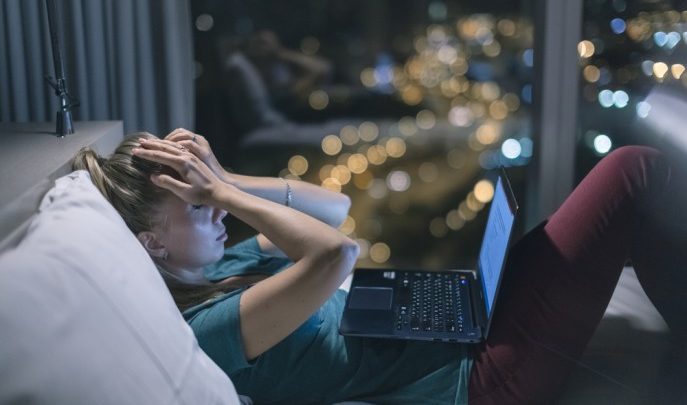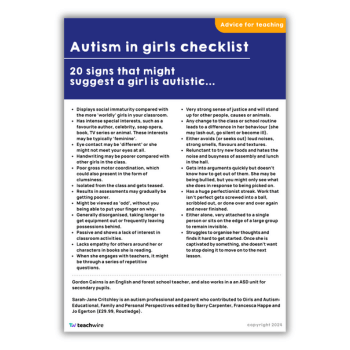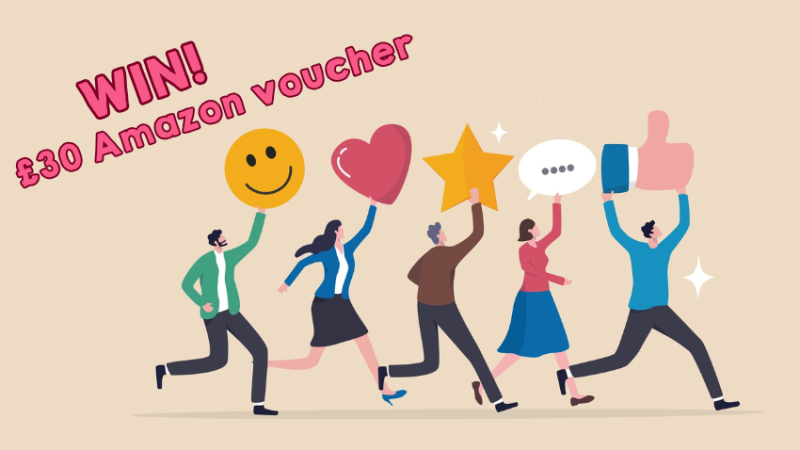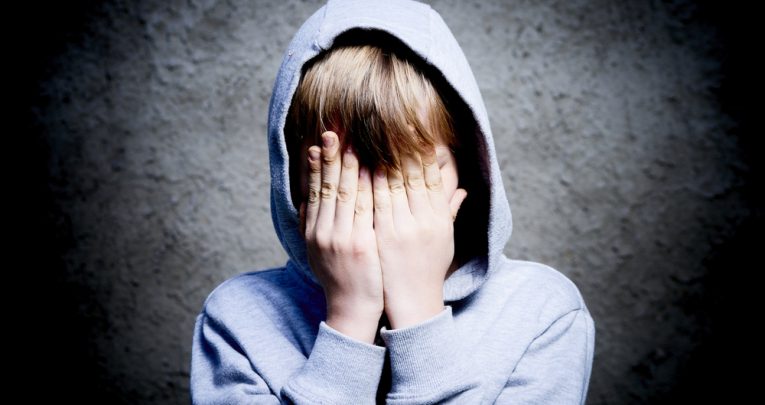“My Dad Cried When I Refused To Eat More Than A Tomato” – My Self-Esteem Story

It’s vital that we integrate self-esteem into the school curriculum – here’s why, says Elizabeth Kesses, author of The Ugly Little Girl

As a result of bullying, my life was defined by low confidence for a very long time. It’s been the fuel for my work as a writer, but it has been a great source of pain. I had always wanted to write but never dared to. Once I started channelling my emotions into words, I started to understand my experience at school with more clarity.
I was a happy, shy teen at a respectable private girls’ school. The uniforms were smart and the teachers were all top-notch in their subjects. I wasn’t ‘cool’ or ‘pretty’ and I wasn’t good at sport but I was academic. Being the ‘teachers’ pet’ was my way of standing out.
The bullying happened because I wasn’t resilient. Being a sensitive soul, insults cut through and I believed them. After my parents complained, an intervention by teachers made matters worse.
Nobody sat me down to ask about what was going on in my head. Nobody made the simple point that I couldn’t be defined by others’ nasty names. I became marginalised and buried myself in books.
Later, I was studying at Oxford and had good grades, but all the while was crippled with low self-esteem.
I was happier at university but unprepared for the pressure: I started making bad life choices, eating less and I flitted from one boy to another, usually choosing ones who treated me poorly. The effect of this was spiralling weight loss throughout a high-pressure corporate career.
Then my Dad intervened. He cried when I refused to eat more than a tomato at lunch – that was a moment I’ll never forget.
Dad helped me to realise that I was not the person I wanted to be. Travel, yoga and support from my family all helped me to get where I am today.
It was only when I saw a teen girl in a café – who looked just like me at that age – that I knew I could do more for others. So I wrote a book for the child in me that had suffered so much, a story about building self-esteem through learning.
What more can we do?
When I was a child, adults very rarely spoke about confidence, body confidence or self-esteem among young people. It might have cropped up in magazines or at dinner parties, but the assumption was that the education system naturally gave young people esteem, or that it wasn’t important in the first place.
In today’s world, we know that young people face unprecedented social pressures, leading to serious psychological distress that impacts on their education.
Children as young as five are worried about their body image, with the Professional Association for Childcare & Early Years reporting last year that 24% of childcare professionals have seen body confidence issues in children aged three to five.
Moreover, YMCA’s newly launched Somebody Like Me, a study with 2,000 young people and 500 teachers, shows that almost a third of secondary school pupils isolate themselves to avoid activities because of body-image anxiety, while more than half worry about how they look.
These issues need to be addressed in school, the place that nurtures children for the majority of their time. What’s the point of education if a child is too shy to answer a question in class, or too self-conscious to try a new team sport?
But, while I used to go home and shut the door to block out what had happened in the playground, nowadays the internet can be unforgiving, and it follows us home. Realising that young people face very different conditions to older generations is the first step in the right direction.
Removing the taboo around mental health – including body image – is another important step. While working in mental health clinics I’ve seen first-hand how taboos can drive young people away from the treatment they need.
This responsibility falls at the door of everybody in society, not just schools and parents. It’s great to see a number of beauty and fashion brands take a stand through the Be Real Campaign, and if I had been given the tools provided by organisations like Be Real I might have avoided the problems from my childhood.
I know teachers often struggle to find resources to deal with these issues, and naturally schools struggle to find capacity in a hectic schedule. So I would recommend Be Real’s new Campaign Toolkit for Schools, alongside the free resources from Dove’s Self-Esteem Project. The eating disorder charity Beat is also a good port of call – for example, they can arrange for body confidence ambassadors to visit your school.
Encouraging best practice is key. Girls have been judged by their looks for far too long and now boys are feeling the same pressures. It’s undeniably time to act.
That’s why I would urge schools, communities and parents to have an honest dialogue about how we can give the younger generation the information they need to be free of body image anxiety.
Elizabeth Kesses is a writer, self-esteem ambassador and a member of the Be Real Campaign’s Advisory Panel. She advocates the widespread integration of body confidence teaching into the school curriculum. The first of her Ugly Little Girl series of stories is currently being adapted for the screen.
The Be Real Campaign has launched the new Body Confidence Campaign Toolkit for Schools, designed to help educators develop a whole-school approach to body image anxiety. It’s available for free download at berealcampaign.co.uk/schools.
Click here to download a copy of Somebody Like Me, YMCA’s latest report on body image anxiety.








